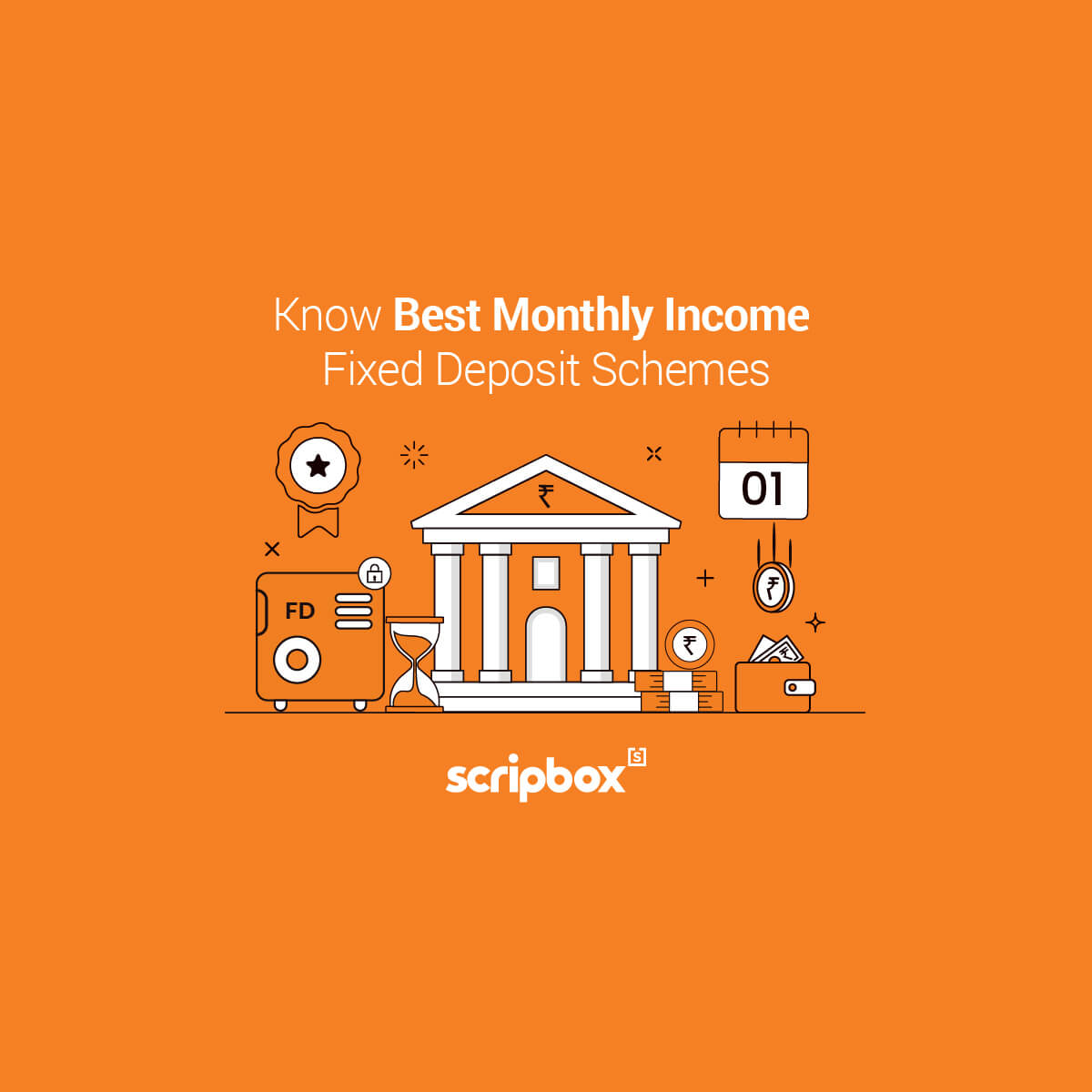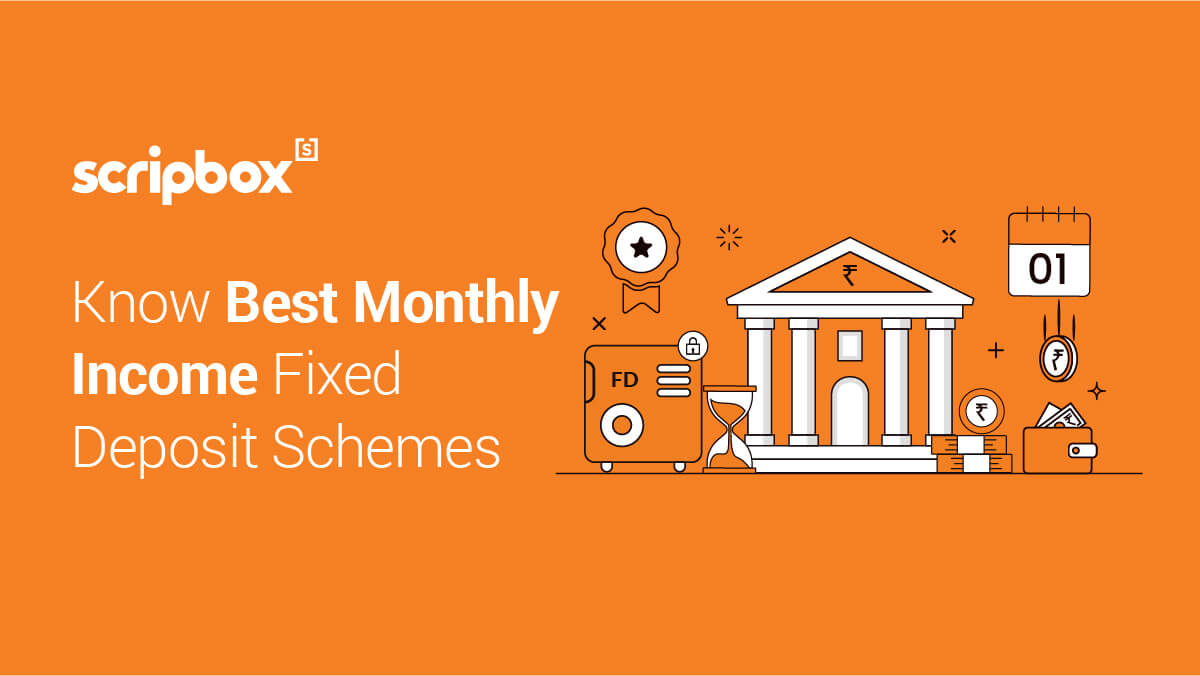You can achieve your financial goals and generate a consistent monthly income by investing in fixed deposits (FDs). It’s essential to conduct careful research, evaluate interest rates, and pick a reliable bank or financial institution to ensure a hassle-free investing experience.
Monthly Interest for 10 Crore in FD 2026
The following table lists 10 Crore FD interest per month for different banks over a tenor of 5 years for general public:
| Bank Name | Interest Rates | Monthly Interest for 10 Crore |
| State Bank of India | 6.00% | Rs. 5,00,000 |
| Bank of Baroda | 6.00% | Rs. 5,00,000 |
| Bank of India | 6.00% | Rs. 5,00,000 |
| Bank of Maharashtra | 6.00% | Rs. 5,00,000 |
| Punjab National Bank | 6.25% | Rs. 5,20,833 |
| Central Bank of India | 6.50% | Rs. 5,41,667 |
| City Union Bank | 6.70% | Rs. 5,58,333 |
| HDFC | 7.00% | Rs. 5,83,333 |
| ICICI | 7.00% | Rs. 5,83,333 |
| Axis Bank | 7.20% | Rs. 6,00,000 |
Frequently Asked Questions
Yes, you can withdraw money from a fixed deposit before maturity. However, there may be charges for premature withdrawal. The charges for premature withdrawal will vary from bank to bank.
One of the benefits of having an FD is that you can take a loan against it in case of a financial emergency. By opting for a loan against your FD, you can avoid breaking it prematurely and losing out on the accrued interest. Banks generally offer loans ranging from 60% to 90% of the deposited amount.
Form 15G and Form 15H are self-declaration forms that depositors can submit to avoid TDS deductions. If income falls below the taxable limit. Form 15G is for depositors below 60 years of age, while Form 15H is for depositors aged 60 years and above.
The interest rate of a fixed deposit remains consistent throughout its tenor until maturity. This means that once you lock in a fixed deposit, the interest rate remains unchanged until the deposit reaches its maturity date, ensuring stability and predictability in your earnings.
There are primarily two modes of receiving interest on a fixed deposit. Cumulative option, where the interest is compounded on a quarterly basis and paid upon maturity or automatically renewed. Non-cumulative option, where the interest is disbursed as monthly, quarterly, or maturity payments, provides regular income.




















Show comments